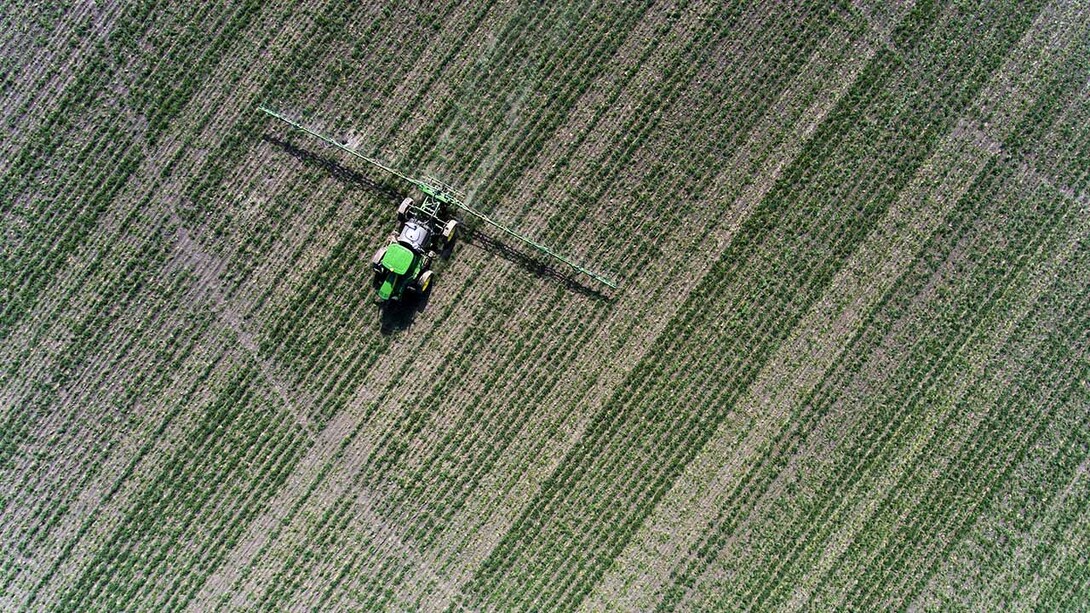
The 2019 Nebraska Crop Production Clinics will feature research updates and information tailored to regional crop issues and grower interests. Session topics will include cover crops, cropping systems, crop residue removal, soil nutrition, irrigation, pest management and marketing.
Sponsored by Nebraska Extension, the programs will be at five sites in January and include pesticide applicator recertification training at each. Dates and locations are:
Jan. 9 — Gering Civic Center, 1050 M St., Gering
Jan. 10 — Sandhills Convention Center, 2102 S. Jeffers St., North Platte
Jan. 15 — La Vista Conference Center, 12520 Westport Parkway, La Vista
Jan. 17 — Holthus Convention Center, 3130 Holen Ave., York
Jan. 23, 24 — Lifelong Learning Center, Northeast Community College, 601 E. Benjamin Ave., Norfolk
“Individual clinics will be customized to address topics specific to that area of the state, allowing growers to get research-based information on the issues they face locally,” said Chris Proctor, weed management extension educator and clinic coordinator.
For example, the eastern Nebraska programs will include information on removing crop residue through grazing and baling, and the potential effects of removal on soil nutrition and erosion, he said. A presentation on what’s driving off-target dicamba movement and recommended strategies to reduce it will be at multiple sites.
“We strive to provide practical, profitable, environmentally sound, high-impact training for agricultural professionals and producers,” Proctor said.
Complete agendas and online registration for each site are available here. Pre-registration is required and costs $80.
A maximum of six Certified Crop Adviser credits will be available per day in these areas: crop production (two), nutrient management (one), integrated pest management (six), water management (one) and professional development (two).
The clinics also will serve as a venue for commercial, non-commercial and private pesticide applicators to renew their licenses.







